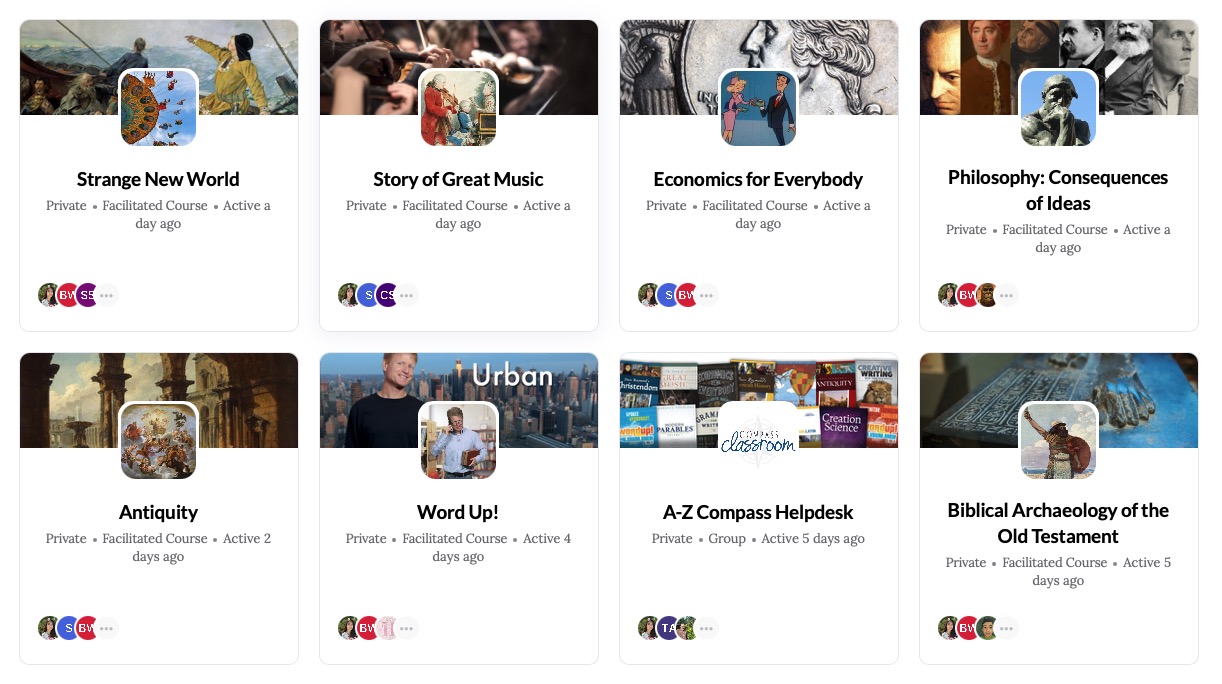
Share this post with another homeschool mom!
Teaching Logic is Important.
To some, logic is perceived as a “dead” subject. It’s something that was taught in centuries past, but really isn’t necessary today. Nobody actually talks about fallacies anymore, do they? We want to offer 5 reasons to study Logic.
While I understand why some would come to this conclusion, I wholeheartedly disagree. I come down with Professor Kirk of Narnia fame, who shakes his head woefully and says “Logic! Why don’t they teach logic in these schools?” Logic is a fundamentally important part of a good education.
Now, please understand that there are different ways to learn logic, some formal and some informal. When I was in school, I used this series, which was immensely helpful, and also enjoyed the book The Fallacy Detective.

Logic
Logic is key to helping students excel in every subject they study, from math and science to rhetoric and humanities. Introductory and Intermediate Logic DVD courses will help students understand the fundamentals of thinking correctly.
Why Study Logic?
1: It helped me learn math.
What? How can that be? Logic is all about words and vague concepts, how could it have anything to do with math? Well, above all other intellectual pursuits, math is the one that is the most logical. There is no subjectivity in math, only objectivity. If X is the product of Y, then we can know that Z is W. The classic “If A, than B” formula is best used in math. I struggled a lot with math in school, especially higher math, but turned a corner when I learned to apply logic to my work.
2: It is a good subject to encourage precision and clarity.
I come from a family of writers. As such, I thrived on any subject that involved somewhat sophomoric private interpretations of whatever task was at hand. If there was a way creatively to spin an answer into whatever I wanted it to be, I would do it. This held true for creative writing, English, and all humanities-related subjects. Now, it is true that I am an avid supporter of these subjects and encourage creativity in learning. Logic, however, is a wonderful subject to require your students to learn the specific right and wrong answers. As a bonus, it’s more fun than math for many of us!
3: It helped me study theology.
As a teenager, few things are more potentially confusing than discerning a proper view of theology. With so many voices to listen to, important questions are born. “Do I agree with my parents on this issue? Was the preacher on TV right when he said that? How do I know what the Bible says about this choice I have to make?” Going back to the principles I learned in logic was an immense comfort to me as I studied Scripture and formulated what I believe both in high school and college. With a world that wants desperately to turn you against Christ, logic is a wonderful tool in your apologetics toolbox to discern and stand for truth.
4: It helped me learn kindness and grace, in a weird way.
In a world of pervasive opinions, particularly on social media, logic can be quite useful. We argue with our friends more than we used to, because it’s easier to argue to a screen than to someone’s face. Consequently, there is further potential for us to say something unkind and hurt feelings or even ruin friendships. While there is certainly a potential for logic to cause some arrogance, it’s also a wonderful tool when reasoning with someone you care for. Rather than immediately jumping to emotional arguments and unfounded insults, or feeling panicky when someone disagrees with you, logic allows us to remain calm and reasoned. There is no need to hurt feelings purposefully or give offense where it is not necessary. Simply rest in your knowledge that what you are saying is backed by logic and truth. OR, be willing to examine your beliefs and see that they are in fact not supported by logic or truth.
5: It helped me interpret the media.
One of the loudest voices vying for our attention as teenagers and beyond, is the media. Books, movies, TV shows, newscasts, and more. There is much good to be gleaned from these mediums, but before we do that, we have to learn to spit out the bones. Learning fallacies is an excellent way to do just that. Whether hearing the news anchor use ad populum or a political ad falling into the tu quoque fallacy, it’s important to be on our toes and aware when these things happen.
More than just an elective!
As you can see, logic is not an isolated, unimportant subject, but rather, it opens the door to being a helpful aid for many areas of study and of practical living. I hope you encourage your children to study it as well, you won’t be disappointed.
This is a guest post.
Logic is key to helping students excel in every subject they study, from math and science to rhetoric and humanities. This course will help students understand the fundamentals of thinking correctly. Learn More Today.
Share this post with another homeschool mom!









